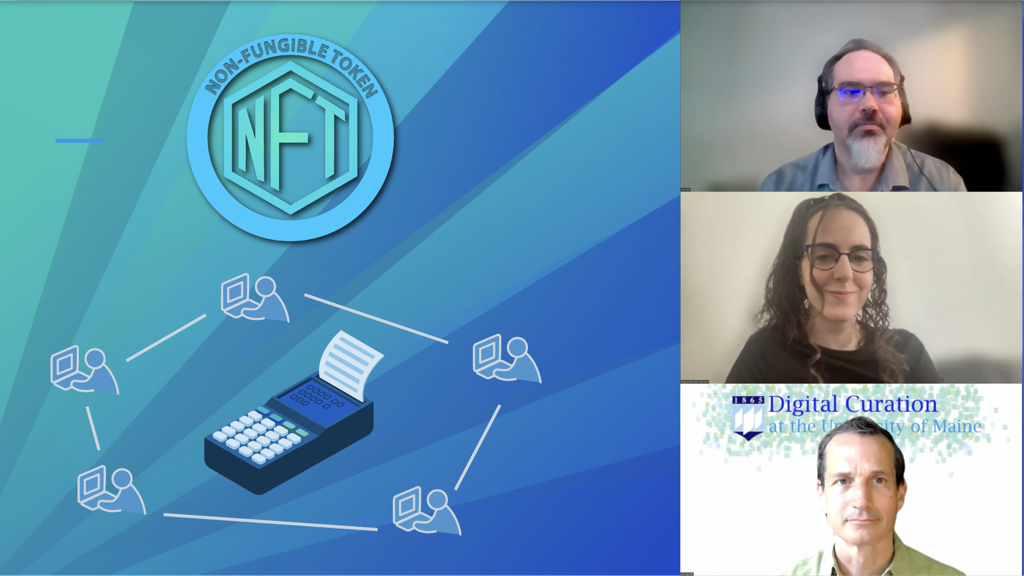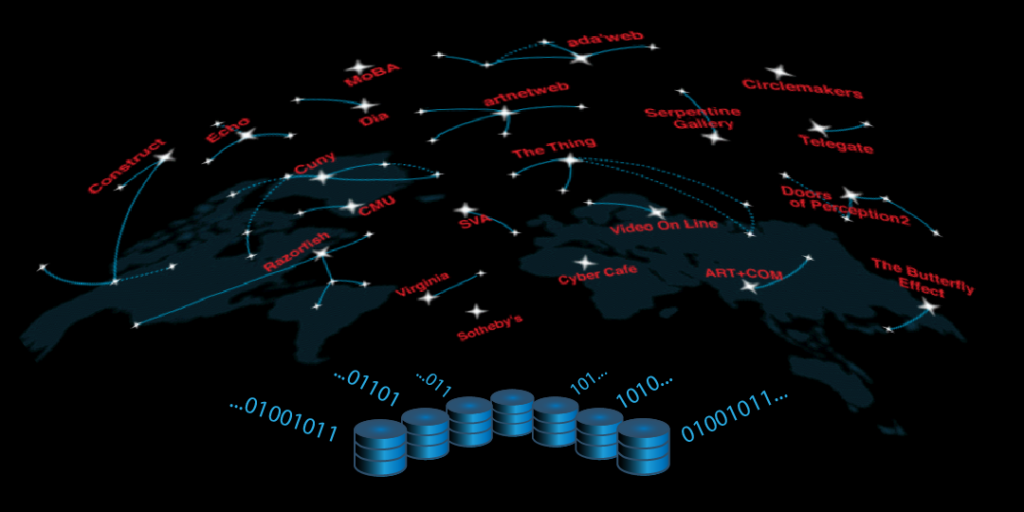Digital curation jobs more than doubled in 2022
Demand for professionals who can manage collections of digital heritage and data continues to climb rapidly as related job postings rose by 130% in 2022, according to an analysis by UMaine’s Digital Curation program. This is a dramatic surge compared to the 61% increase over the pandemic years between 2019 and 2021.




